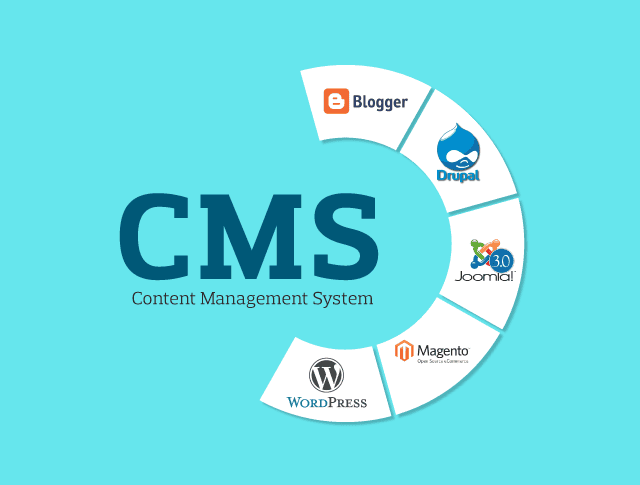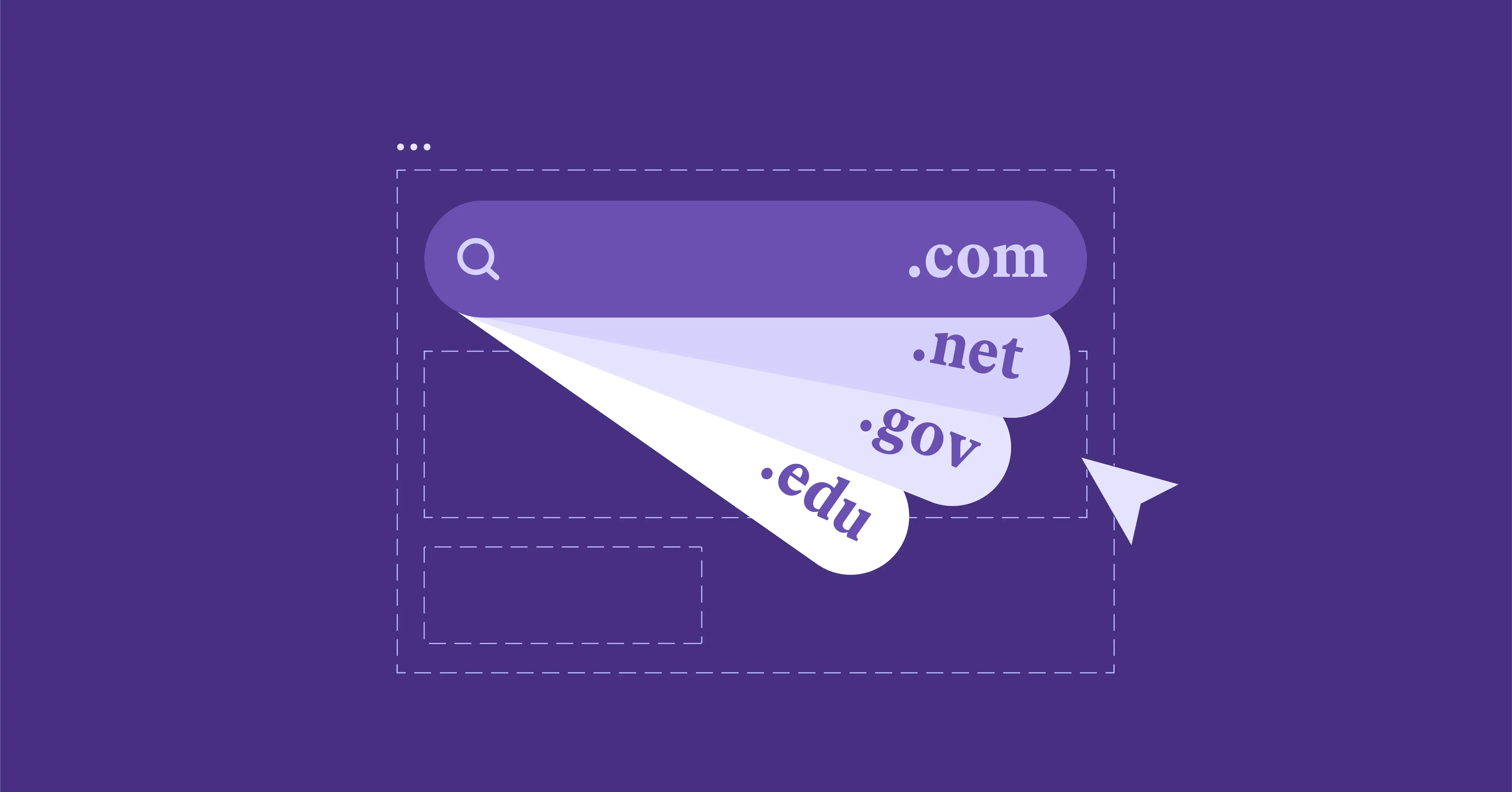· 3 min read
How to Choose the Right CMS for Your Business
Choosing the right Content Management System (CMS) is crucial for the success of your website. This guide will walk you through the key factors to consider when choosing a CMS, and help you find the perfect fit for your business.

A Content Management System (CMS) is a software application that allows you to create, manage, and publish digital content. Choosing the right Content Management System (CMS) is one of the most important decisions you’ll make when building a website - With so many options to choose from, it can be difficult to know where to start. This guide will walk you through the key factors to consider when choosing a CMS, and help you find the perfect fit for your business.
1. Your Business Needs
The first step in choosing a CMS is to identify your business needs. What are your goals for your website? Who is your target audience? What kind of content will you be publishing? Once you have a clear understanding of your business needs, you can start to evaluate different CMS options.
- For small businesses and blogs: A simple, user-friendly CMS like WordPress or Squarespace may be a good choice.
- For e-commerce businesses: A CMS with built-in e-commerce functionality like Shopify or BigCommerce is a must.
- For large enterprises: A more powerful and flexible CMS like Drupal or Adobe Experience Manager may be necessary.
2. Ease of Use
Unless you have a team of dedicated developers, you’ll want to choose a CMS that is easy to use and manage. Look for a CMS with a user-friendly interface and intuitive content editor.
- WordPress: Known for its user-friendly interface and extensive library of plugins and themes.
- Squarespace: A website builder that is known for its beautiful templates and ease of use.
- Wix: Another popular website builder that is known for its drag-and-drop interface.
3. Scalability
As your business grows, your website will need to grow with it. Choose a CMS that is scalable and can handle an increase in traffic and content.
- Headless CMS: A headless CMS like Contentful or Strapi separates the front-end and back-end of your website, making it highly scalable and flexible.
- WordPress: While WordPress is scalable, it may require more resources and maintenance as your website grows.
- Drupal: A powerful and scalable CMS that is a good choice for large and complex websites.
4. Security
Website security is more important than ever. Choose a CMS with a good security track record and regular security updates.
- Managed WordPress Hosting: A managed WordPress host can take care of security for you, so you can focus on running your business.
- Squarespace and Wix: These platforms handle security for you, so you don’t have to worry about it.
- Regular Updates: No matter which CMS you choose, it’s important to keep it up to date with the latest security patches.
5. Cost
The cost of a CMS can range from free to thousands of dollars per month. When evaluating the cost of a CMS, be sure to consider the total cost of ownership, including hosting, maintenance, and any necessary plugins or themes.
- Open Source CMS: Open source CMSs like WordPress and Drupal are free to use, but you’ll need to pay for hosting and any premium plugins or themes.
- Website Builders: Website builders like Squarespace and Wix charge a monthly fee that includes hosting and support.
- Headless CMS: Headless CMSs often charge a monthly fee based on the number of users and API calls.
Conclusion
Choosing the right CMS is a critical decision that will have a long-term impact on your business. By taking the time to evaluate your options and choose the right CMS for your needs, you can set your website up for success. At Y5 Web Studio, we have experience working with a wide range of CMSs. Contact us today to learn how we can help you choose the right CMS for your business.



